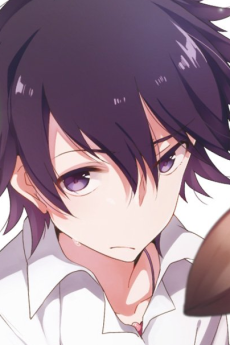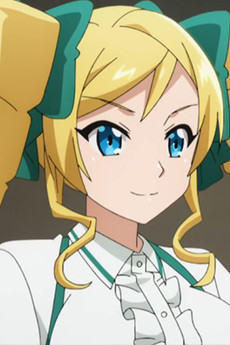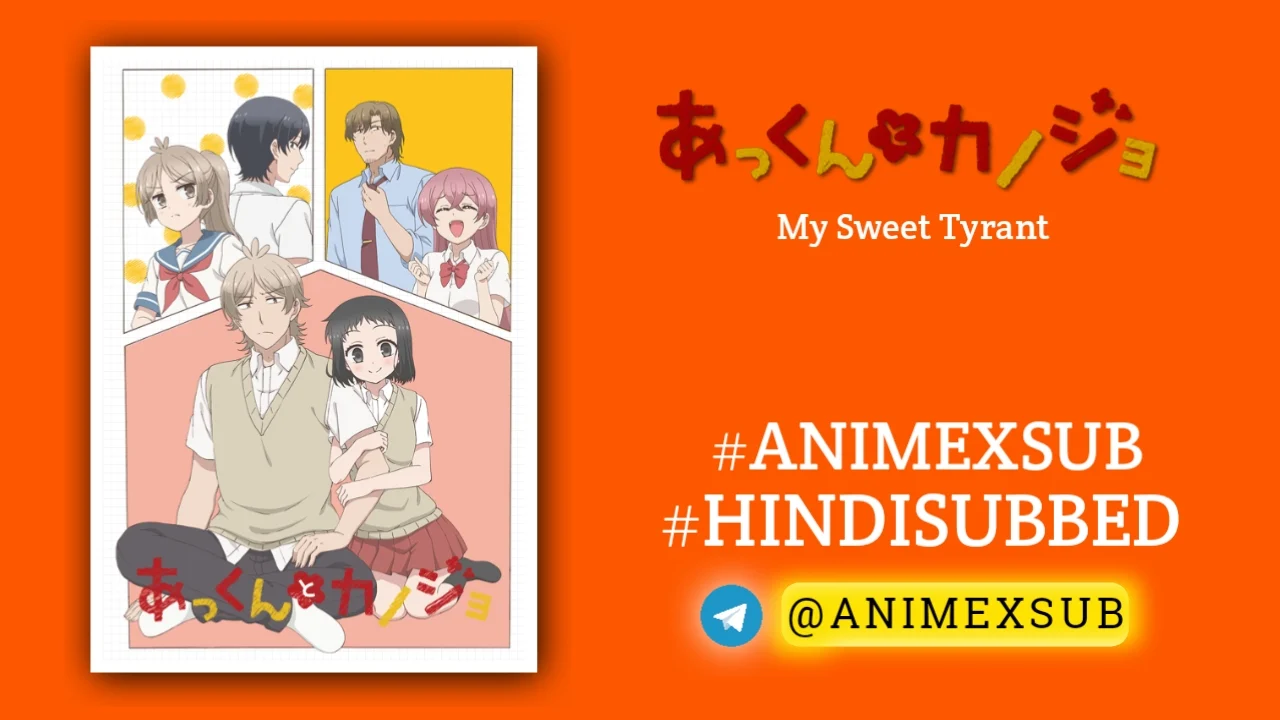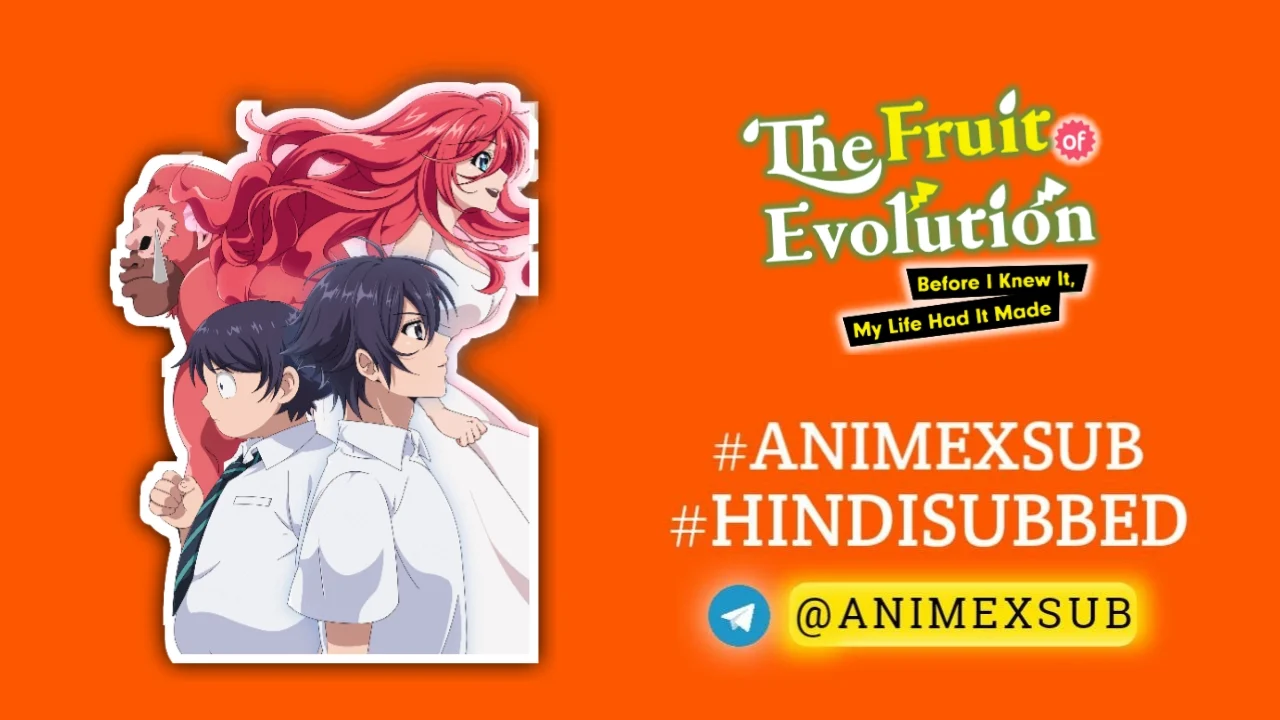
The Fruit of Evolution Season 1 Hindi Subbed [12/12] | Shinka no Mi S1 Hindi Sub!!
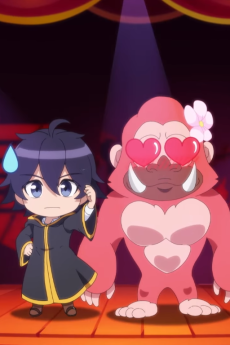
Shin Shinka no Mi Gekijou
Synopsis
Ahead of the TV anime broadcast of Shin Shinka no Mi: Shiranai Uchi ni Kachigumi Jinsei, a series of short mini animations posted on the official Shinka no Mi: Shiranai Uchi ni Kachigumi Jinsei YouTube channel and on the official Twitter account.
Watch Trailer
Characters
The Fruit of Evolution: Before I Knew It, My Life Had It Made – A Whimsical Dive into Isekai Harem Fun (Season 1 Review)
In the ever-expanding world of isekai anime, The Fruit of Evolution: Before I Knew It, My Life Had It Made (or Shinka no Mi: Shiranai Uchi ni Kachigumi Jinsei) stands out as a quirky, lighthearted, and unabashedly trope-filled adventure. Premiering in October 2021 and running through December of the same year, Season 1 of this anime, adapted from Miku’s fantasy light novel series, delivers a blend of comedy, romance, and overpowered protagonist antics. While it may not reinvent the genre, its self-aware humor and endearing characters make it a surprisingly enjoyable ride for fans looking for a brain-off, feel-good experience. Let’s dive into what makes Season 1 of The Fruit of Evolution a unique addition to the isekai landscape.
The Premise: A Loser’s Transformation into a Winner
The story follows Seiichi Hiiragi, a high school student relentlessly bullied for his appearance, often described with harsh insults like “ugly, revolting, dirty, smelly fatass.” His miserable school life takes a fantastical turn when a voice claiming to be a god announces over the school’s intercom that the entire student body will be transported to another world. This new realm, filled with game-like elements such as levels, stats, and skills, is meant to prepare them to become heroes and defeat the Demon King. However, Seiichi is left behind by his classmates, who refuse to team up with him, and is summoned alone to a remote forest.
Starving and desperate, Seiichi stumbles upon the titular “Fruit of Evolution,” a mysterious fruit that drastically alters his fate. After consuming it, he undergoes a physical transformation, gaining a conventionally attractive appearance, enhanced skills, and absurdly overpowered abilities. From there, his journey evolves from one of survival to becoming an unintentional “winner” in this new world, complete with allies, adventures, and a growing harem. The narrative embraces its absurdity, leaning into the wish-fulfillment fantasy that defines much of the isekai genre.
Characters: A Colorful Cast of Tropes Done Right
At the heart of The Fruit of Evolution is Seiichi Hiiragi, voiced by Hiro Shimono in Japanese and Mark Allen Jr. in the English dub. Seiichi is a relatable protagonist—kind-hearted, self-deprecating, and shaped by his past as a victim of bullying. His transformation doesn’t erase his insecurities, which adds a layer of depth to his character as he navigates his newfound power and popularity. Shimono’s energetic performance captures Seiichi’s mix of awkwardness and determination, making him easy to root for.
The supporting cast is where the show’s harem elements shine. Saria, a Kaiser Kong who evolves into a beautiful human-like form after eating a Fruit of Evolution, is Seiichi’s first companion. Voiced by Tetsu Inada (pre-evolution) and Kana Hanazawa (post-evolution) in Japanese, Saria’s bubbly personality and unwavering devotion to Seiichi make her a standout. Her suggestion that Seiichi take multiple wives sets the tone for the harem dynamic, embracing the trope with a playful wink.
Artoria Gremm, voiced by Marina Inoue, is another key character. A veteran adventurer cursed with negative 2 million luck, earning her the nickname “The Calamity,” Artoria’s tough exterior hides a vulnerable side. Her interactions with Seiichi, especially after he inadvertently proposes to her, provide some of the season’s funniest and most heartfelt moments. The chemistry among Seiichi, Saria, and Artoria drives much of the show’s emotional and comedic appeal.
Other characters, like the eccentric guild members and Seiichi’s former classmates, add flavor to the world, though they often serve as plot devices to highlight Seiichi’s growth. The show’s villains, including nobles and a sinister cult, fit the isekai mold of corrupt elites, but their motivations are less explored in Season 1, serving primarily as obstacles for Seiichi’s overpowered antics.
Animation and Sound: Serviceable but Not Spectacular
Produced by Hotline, with co-production from Feel and Children’s Playground Entertainment, the animation in Season 1 is functional but unremarkable. Character designs by Minami Eda are vibrant and appealing, particularly for the evolved forms of Saria and other characters, but the action sequences and backgrounds lack polish. Fight scenes, while entertaining due to Seiichi’s absurd strength, often rely on quick cuts and minimal choreography. The show’s budget constraints are noticeable, but they don’t detract significantly from its charm.
The soundtrack, composed by Hifumi, Inc., is serviceable, with catchy themes that complement the show’s tone. The opening theme, “Evolution:” by Yoshino Nanjō, is an upbeat earworm that captures the series’ optimistic vibe. The ending theme, “Moonlight Walk” by Poppin’Party, adds a soothing contrast, perfect for winding down after the show’s chaotic episodes. The voice acting, both in Japanese and the English dub (available on Crunchyroll starting May 5, 2022), is a highlight, with the cast delivering the comedic and emotional beats with enthusiasm.
Themes and Tone: Embracing the Absurd
The Fruit of Evolution doesn’t take itself too seriously, and that’s its greatest strength. The show leans into isekai tropes—overpowered protagonists, harem dynamics, and game-like worlds—while poking fun at them. Seiichi’s rapid rise from loser to champion is played for laughs, with moments like his accidental world-shattering inventions (like a farming smartphone) highlighting the show’s absurdity. Yet, beneath the humor lies a message about self-acceptance and resilience. Seiichi’s journey reflects his growth from a bullied outcast to someone who embraces his worth, even if he’s oblivious to his own strength.
The show also touches on darker themes, such as the exploitation of otherworlders by nobles and the tragic origins of dungeons, but these are underdeveloped in Season 1. Instead, the focus remains on comedy and romance, making it a low-stakes watch best enjoyed with minimal expectations.
Reception: A Polarizing Guilty Pleasure
The Fruit of Evolution has divided audiences. Fans praise its humor, likable characters, and unapologetic embrace of isekai clichés, with some calling it an underrated gem. On platforms like Reddit, viewers describe it as “decent to turn off your brain and relax,” appreciating its lighthearted fun despite its flaws. Others, however, criticize its rushed pacing, weak animation, and deviations from the manga and light novel, which they argue dilute the source material’s charm. Professional reviews, such as one from Reincarnated Critic, note that the show finds its footing after a shaky first episode, offering “light-hearted fun” and “competent storytelling” for fans of romantic comedy and fantasy.
The series’ low ratings on sites like MyAnimeList (around 4.76/10) reflect its niche appeal. Critics often dismiss it as “hot garbage,” but defenders argue that its low production values and silly premise are part of its charm. As one IMDb reviewer put it, “This anime is basically for making people laugh if you cast away a few logical aspects of your average isekai anime.”
Where to Watch
Season 1 of The Fruit of Evolution is available on Crunchyroll, which streams both the subbed and dubbed versions outside of Asia. Medialink holds the license for the Asia-Pacific region. As of April 2025, it can also be found on platforms like Crunchyroll Amazon Channel, with no free streaming options in India, according to JustWatch.
Final Thoughts: A Flavorful, If Flawed, Isekai Treat
The Fruit of Evolution: Before I Knew It, My Life Had It Made Season 1 is a delightful guilty pleasure for isekai fans who enjoy over-the-top humor and wish-fulfillment fantasies. Its self-aware absurdity, lovable characters, and breezy tone make it a fun escape, even if it stumbles with inconsistent animation and a reliance on familiar tropes. While it may not earn a spot on the “must-watch” list, it’s a refreshing palate cleanser in a genre often bogged down by overly serious stakes.
As Seiichi’s journey continues in Season 2 (which aired from January to March 2023), fans of Season 1 will find more of the same chaotic charm, though some argue it fails to recapture the first season’s magic. For those new to the series, Season 1 is worth a try if you’re in the mood for a laugh and don’t mind a bit of silliness. Just don’t expect a masterpiece—think of it as a quirky fruit that’s oddly satisfying once you take a bite.
Sources:
Support Our Anime Community!
Love watching the latest anime? Help us keep uploading new episodes by join telegram channel ❤️
Join Now!